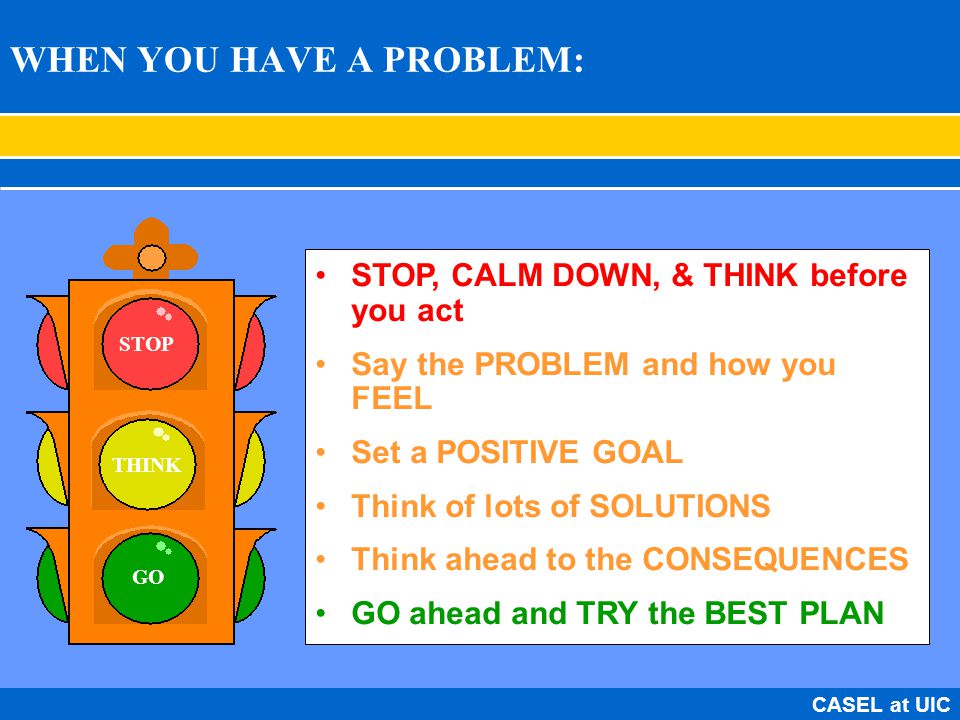Those not familiar with the history of the social esteem fad of the 1980’s should read Checker Finn’s brief and appropriately scathing review of it over at Education Week. Finn’s right on target in asserting that self-esteem, as a catalyst for improving children’s academic achievement and a remedy for social ills such as crime and substance abuse, was at best oversold and at worst deliberately misrepresented, in terms du jour, as being “evidence-based.” Finn’s on more shaky ground, however, in attempting to draw a line between the self-esteem movement of the 1980’s and the current, increasingly prominent, field of social-emotional learning (SEL).
The social esteem movement was centered around making children and young people feel better about themselves. It sounds nice, but it had insidious effects on attempts to boost academic achievement and build competent and high-functioning young adults. It, in effect, became an argument against delivering any news to students that they were anything but absolutely wonderful and perfect. It became better to find something nice to say about a student essay rather than point out spelling or grammatical errors, preferable to stress the effort a student made on a math problem rather than to point out that the methods used were not ones that would lead to finding the correct answer. You can still see offshoots of that mindset all over the education sector wherein, for example, very few candidates in teacher preparation programs earn less than a B in their coursework and everyone struggles to find a way to convey to a teacher or to a school that there’s room for improvement in [You name it. Fill in the blank] without that appraisal being perceived or portrayed as an indictment of complete and utter failure.
In contrast, social-emotional learning is primarily about teaching students how to make better decisions and manage negative emotions. Rather than an attempt at making students feel better, it actually requires that students be fully aware that “happy” is not a perpetual state of mind and that anger, frustration, and disappointment are part of life’s grand deal. The solution isn’t trying to ameliorate those bad feelings through superficial affirmations from one’s self or others but rather to not let them lead to impulsive behavior or irrational decisions. Those are ideas firmly grounded in cognitive psychology for which there is a solid base of research of effectiveness with regard to promoting high functioning, adaptive behavior and preventing or treating disorders such as depression and substance abuse.
I admit to some bias here because in a past life, as a postdoc at Yale University involved in the New Haven Public Schools’ Social Development Program, I worked for and closely with Roger Weisberg and Tim Shriver, two of the cofounders of the Collaborative for Academic, Social, and Emotional Learning (CASEL) which is the target of some Finn’s sharpest criticisms. This also means I observed their work in action on more or less a daily basis. Long story short, I saw an incredibly well thought-out approach that was grounded in research and informed by ongoing data collection that indicated it was changing the lives of its intended beneficiaries with none of the naïve sentimentality or simplistic, one-dimensional conceptualizations of humans that were part and parcel of the self-esteem movement.
This isn’t to say that some of Finn’s concerns aren’t valid. There’s the same danger of overpromise in SEL that there was with the self-esteem fad despite the fact that the former, unlike the latter, is built on a solid research foundation. Too many school systems will, unfortunately, implement it badly and that needs to be guarded against, monitored, and remedied, a necessary process with regard to any new education policy undergoing rapid adaptation, as SEL seems to be now. I disagree with many of those in the SEL field that it should be a major indicator in state accountability systems and wonder if the field is fully aware that some promoting SEL merely want to deploy it as the newest tool to paper over low academic achievement. None of that means that SEL is phony or, as Finn asserts, a “hoax.” Done well and in conjunction with other policies, it has the potential to help students manage their lives, negotiate complex social pressures and temptations, and achieve their long-term goals, academic and otherwise.
